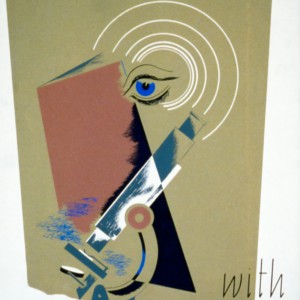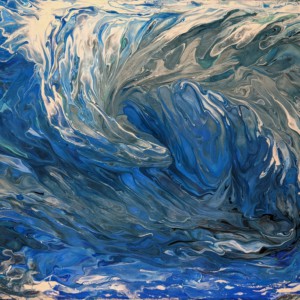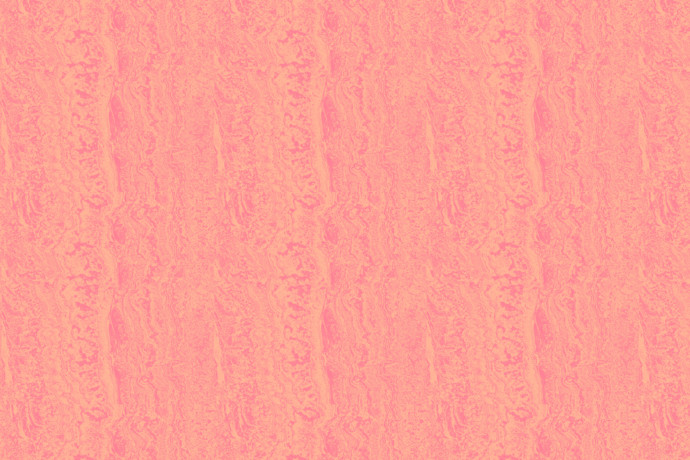Fissile material; experiment with scientific stanzas and supercharge your poetic skills.
 £210.00 *
£210.00 *
 £210.00 *
£210.00 *
Fissile material; experiment with scientific stanzas and supercharge your poetic skills.
 £126.00 *
£126.00 *
Alternate art; busting open the poem to embrace new and experimental forms.
 £126.00 *
£126.00 *
A transformative workshop series about harnessing your inspirations to expand your writing.
 £91.00 *
£91.00 *
Oh speaker, my speaker; exploring the varied voices hiding behind the poetic curtain.
The 2022 Ginkgo Prize Ecopoetry Anthology contains all the winning and highly commended poems from this year’s awards, judged by renowned poet ecopoet and memoirist Seán Hewitt, and ecopoet, writer, and editor Karen McCarthy Woolf.
The winning poets were Anthony Lawrence, Cath Drake, Yvonne Reddick and the AONB Best Poem of UK Landscape was written by David Canning.

Here is Mischa Foster Poole talking about his course Revolutionary Poetics: Writing Against the Grain; Alternate art; busting open the poem to embrace new and experimental forms. (5) This is because the tools that we have to hand are provided by the hegemonic ideology, the mode of production that seeks to ideologically reproduce itself through the…
Read More
Stephen Komarnyckyj explains how his new course: Writing Alternative Poetic Histories will help you write poetry that faces up to this difficult moment in history I began to think about the role of poetry during what might be a global war during a Skype call with my cousin in 2022. He was in his cellar…
Read More
Here is Louis Glazzard talking about his course Poetic Theft: From Inspiration to Transformation; A transformative workshop series about harnessing your inspirations to expand your writing. In Pursuit of Originality… Everything I’ve ever created has been inspired by something. Well, almost everything. When I first started writing I was obsessed with being original. In fact,…
Read More
Here’s Laura Scott on her upcoming course, Poems & Houses; House & home; poetics of our storied buildings. My house and the ghost of a doorway In my house there’s the ghost of a doorway. I can’t remember when I first noticed it, but I do remember the gentle shock of running my hand over…
Read More
Here’s Mario Petrucci on his upcoming course, Science & Poetry: The Laboratory of Verse; Fissile material; experiment with scientific stanzas and supercharge your poetic skills. Science as a metaphor As someone versed in quantum physics, I’m fascinated by metaphor, the way everything (as in the quantum world) can become everything else. That’s the engine-room of my…
Read More